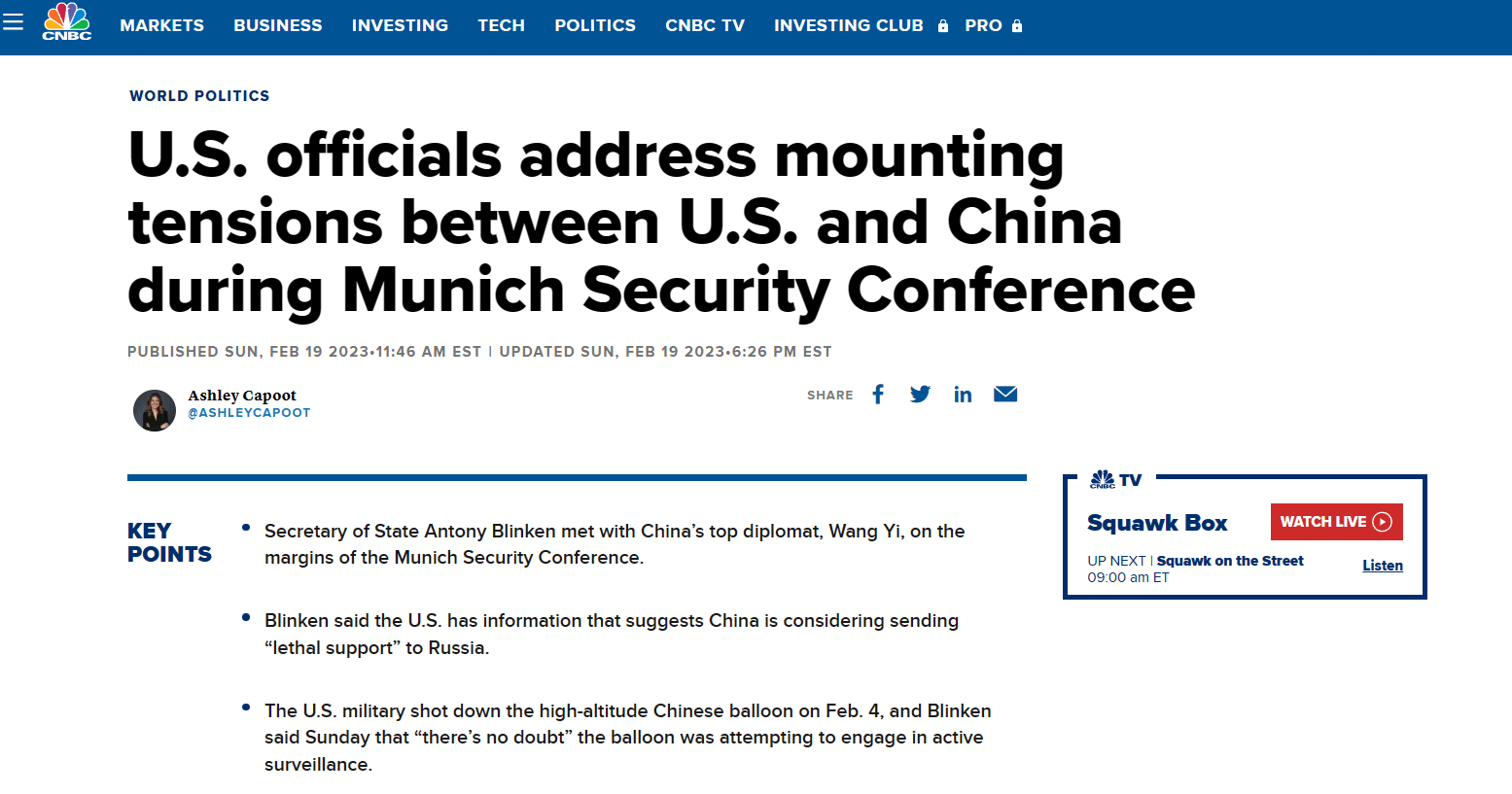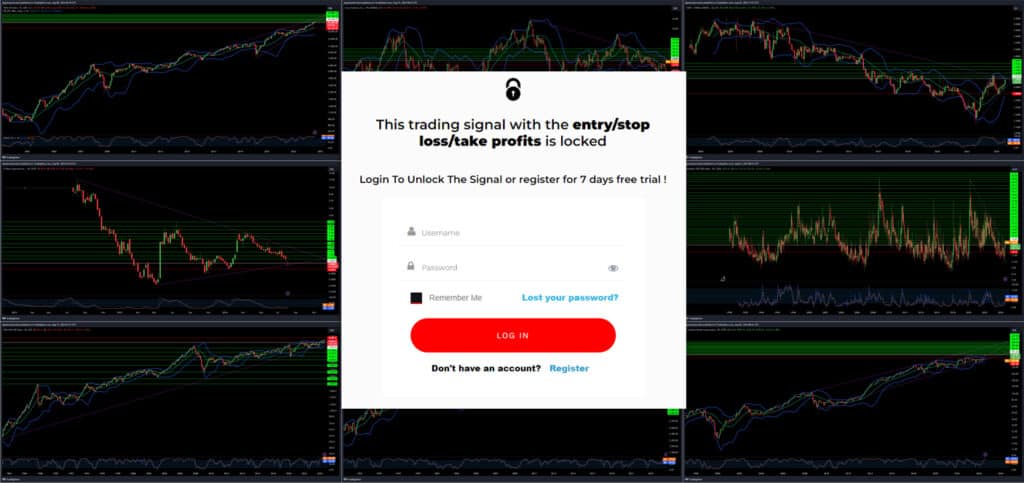The Taiwan China conflict is a situation that carries distressing consequences for Taiwan and has far-reaching implications for the entire world. In recent years, the conflict has intensified, with China displaying an increasingly aggressive stance towards Taiwan. From my perspective, it appears that the United States is exploiting certain circumstances and playing a strategic game. By manipulating the Chinese government and conveying a message that the U.S. will not intervene, the U.S. seems to be indirectly encouraging China to consider invading Taiwan.
The Taiwan China conflict is not just a regional issue; it is a geopolitical chess game involving the world’s major powers. The United States, China, and Taiwan all have vested interests, and each player is maneuvering to achieve its goals. For the United States, the conflict offers potential opportunities from an economic standpoint. In fact, there are numerous vested interests that the U.S. could exploit if China were to invade Taiwan. These include imposing embargoes, attracting chip manufacturing to the U.S., implementing sanctions on American debt owed to China, and economically separating the two nations. This article aims to delve into these factors and shed light on the motivations behind the Taiwan China conflict.
The United States’ Strategic Interests in the Taiwan China Conflict
From an economic standpoint, the United States has several strategic interests in the Taiwan China conflict. These interests are not necessarily aligned with Taiwan’s well-being but rather focused on benefiting the U.S. economically and geopolitically. By allowing the situation to escalate, the U.S. could potentially gain in multiple ways.
1. Imposing an Embargo on China
If China were to invade Taiwan, it would provide the United States with a justification to impose an embargo on Chinese goods. This move would aim to weaken China economically and limit its global influence. The Taiwan China conflict could serve as a catalyst for the U.S. to rally its allies and impose severe restrictions on China’s ability to trade with the rest of the world.
An embargo would also have significant consequences for global supply chains, given China’s role as the world’s largest exporter. However, for the U.S., this could be an opportunity to reduce its reliance on Chinese goods and encourage other nations to do the same. By imposing an embargo, the U.S. would be attempting to cut China off from the international market and weaken its economic standing.
2. Attracting Chip Manufacturing to the U.S.
Taiwan is home to some of the world’s most advanced semiconductor manufacturing facilities, particularly the Taiwan Semiconductor Manufacturing Company (TSMC). These chips are essential for various industries, including technology, automotive, and defense. The Taiwan China conflict presents an opportunity for the U.S. to attract chip manufacturing back to American soil.
If the situation in Taiwan becomes unstable, companies like TSMC may be forced to move their operations elsewhere. The United States could offer incentives to attract these companies, thereby boosting domestic chip production and reducing dependence on foreign suppliers. This move would not only enhance national security but also create jobs and stimulate economic growth.
3. Implementing Sanctions on American Debt Owed to China
Another potential benefit for the United States in the Taiwan China conflict is the possibility of implementing sanctions on the American debt owed to China. China holds a significant portion of U.S. Treasury bonds, and this debt gives China leverage over the U.S. economy. However, in the event of a conflict, the U.S. could use sanctions as a way to diminish China’s economic influence.
By imposing sanctions, the United States could potentially freeze Chinese assets and limit China’s ability to exert pressure through economic means. This would be a bold move, but it could be justified as a response to Chinese aggression towards Taiwan. Such a step would further escalate tensions between the two nations, but it would also reduce China’s leverage over the United States.
4. Economically Separating China from the U.S.
The Taiwan China conflict also provides an opportunity for the United States to accelerate economic decoupling from China. Over the past few years, there has been growing momentum towards reducing economic ties between the two countries. The conflict could serve as a tipping point, prompting the U.S. to take more drastic measures to separate its economy from China’s.
This economic separation could involve restricting Chinese investments in the U.S., limiting technology transfers, and encouraging American companies to move their supply chains out of China. The goal would be to reduce economic interdependence and minimize the risk of China using economic leverage against the United States in the future.
5. Shifting Job Opportunities from China to India
Another potential outcome of the Taiwan China conflict is the shifting of job opportunities from China to other countries, particularly India. As tensions rise, companies may look to relocate their operations to countries that are more politically stable. India, with its large workforce and growing economy, is an attractive alternative.
The United States could play a role in facilitating this shift by encouraging American companies to move their manufacturing facilities from China to India. This move would serve multiple purposes: it would reduce dependence on China, create job opportunities in India, and strengthen the economic partnership between the U.S. and India. The Taiwan China conflict, therefore, could lead to a significant realignment of global manufacturing and supply chains.
6. Obtaining Goods from India at Lower Purchase Prices
In addition to shifting job opportunities, the United States could also benefit from obtaining goods from India at lower purchase prices compared to China. As companies move their operations to India, production costs may decrease due to lower labor costs and favorable trade agreements. This shift would allow the United States to continue sourcing goods at competitive prices while reducing reliance on China.
The Taiwan China conflict, therefore, presents an opportunity for the United States to diversify its supply chains and reduce the risks associated with depending on a single country for essential goods. By fostering stronger economic ties with India, the U.S. could secure a more stable and reliable source of goods in the face of rising tensions with China.
The Implications of U.S. Strategy on the Taiwan China Conflict
The strategic interests of the United States in the Taiwan China conflict suggest that the U.S. may not be entirely opposed to a Chinese invasion of Taiwan. In fact, these interests indicate that the U.S. could benefit from such a scenario. By conveying a message that it will not intervene militarily, the U.S. may be indirectly encouraging China to take action.
This approach raises important questions about the role of the United States in maintaining stability in the region. While the U.S. has historically been a supporter of Taiwan, its current strategy seems to prioritize economic and geopolitical gains over the well-being of the Taiwanese people. The Taiwan China conflict is, therefore, a complex issue with no clear-cut answers. The motivations of the major players are driven by a mix of economic interests, national security concerns, and power dynamics.
China’s Perspective: Minimal Persuasion Needed
From China’s perspective, minimal persuasion is needed to take action and invade Taiwan. The Chinese government has always viewed Taiwan as a part of its territory, and the desire to reunify with Taiwan is a core aspect of Chinese nationalism. The Taiwan China conflict is seen by China as an opportunity to assert its sovereignty and solidify its position as a major global power.
The United States’ apparent reluctance to intervene militarily may be interpreted by China as a green light to proceed with its plans. However, such a move would come with significant risks, including the possibility of international sanctions, economic isolation, and potential military confrontation with U.S. allies in the region. Despite these risks, the allure of reclaiming Taiwan and the strategic advantages it would bring may be too tempting for China to resist.
Conclusion: The Complex Dynamics of the Taiwan China Conflict
The Taiwan China conflict is a multifaceted issue with far-reaching implications for the global economy and international relations. From the United States’ strategic interests to China’s desire for reunification, the motivations behind the conflict are complex and driven by a mix of economic, political, and nationalistic factors. The U.S. appears to be exploiting the situation for its own gain, potentially encouraging China to take action while preparing to benefit from the consequences.
As the situation continues to evolve, it is crucial for the international community to understand the underlying dynamics and the potential consequences of the Taiwan China conflict. The stakes are high, and the outcome of this conflict will shape the future of global power and influence for years to come.
Disclaimer
All information on this website is of a general nature. The information is not adapted to conditions that are specific to your person or entity. The information provided can not be considered as personal, professional or legal advice or investment advice to the user.
This website and all information is intended for educational purposes only and does not give financial advice. Signal Mastermind Signals is not a service to provide legal and financial advice; any information provided here is only the personal opinion of the author (not advice or financial advice in any sense, and in the sense of any act, ordinance or law of any country) and must not be used for financial activities. Signal Mastermind Signals does not offer, operate or provide financial, brokerage, commercial or investment services and is not a financial advisor. Rather, Signal Mastermind Signals is an educational site and a platform for exchanging Forex information. Whenever information is disclosed, whether express or implied, about profit or revenue, it is not a guarantee. No method or trading system ensures that it will generate a profit, so always remember that trade can lead to a loss. Trading responsibility, whether resulting in profits or losses, is yours and you must agree not to hold Signal Mastermind Signals or other information providers that are responsible in any way whatsoever. The use of the system means that the user accepts Disclaimer and Terms of Use.
Signal Mastermind Signals is not represented as a registered investment consultant or brokerage dealer nor offers to buy or sell any of the financial instruments mentioned in the service offered.
While Signal Mastermind Signals believes that the content provided is accurate, there are no explicit or implied warranties of accuracy. The information provided is believed to be reliable; Signal Mastermind Signals does not guarantee the accuracy or completeness of the information provided. Third parties refer to Signal Mastermind Signals to provide technology and information if a third party fails, and then there is a risk that the information may be delayed or not delivered at all.
All information and comments contained on this website, including but not limited to, opinions, analyzes, news, prices, research, and general, do not constitute investment advice or an invitation to buy or sell any type of instrument. Signal Mastermind Signals assumes no responsibility for any loss or damage that may result, directly or indirectly, from the use or dependence on such information.
All information contained on this web site is a personal opinion or belief of the author. None of these data is a recommendation or financial advice in any sense, also within the meaning of any commercial act or law. Writers, publishers and affiliates of Signal Mastermind Signals are not responsible for your trading in any way.
The information and opinions contained in the site are provided for information only and for educational reasons, should never be considered as direct or indirect advice to open a trading account and / or invest money in Forex trading with any Forex company . Signal Mastermind Signals assumes no responsibility for any decisions taken by the user to create a merchant account with any of the brokers listed on this website. Anyone who decides to set up a trading account or use the services, free of charge or paid, to any of the Broker companies mentioned on this website, bears full responsibility for their actions.
Any institution that offers a service and is listed on this website, including forex brokers, financial companies and other institutions, is present only for informational purposes. All ratings, ratings, banners, reviews, or other information found for any of the above-mentioned institutions are provided in a strictly objective manner and according to the best possible reflection of the materials on the official website of the company.
Forex/CFD trading is potentially high risk and may not be suitable for all investors. The high level of leverage can work both for and against traders. Before each Forex/CFD investment, you should carefully consider your goals, past experience and risk level. The opinions and data contained on this site should not be considered as suggestions or advice for the sale or purchase of currency or other instruments. Past results do not show or guarantee future results.
Neither Signal Mastermind Signals nor its affiliates ensure the accuracy of the content provided on this Site. You explicitly agree that viewing, visiting or using this website is at your own risk.



